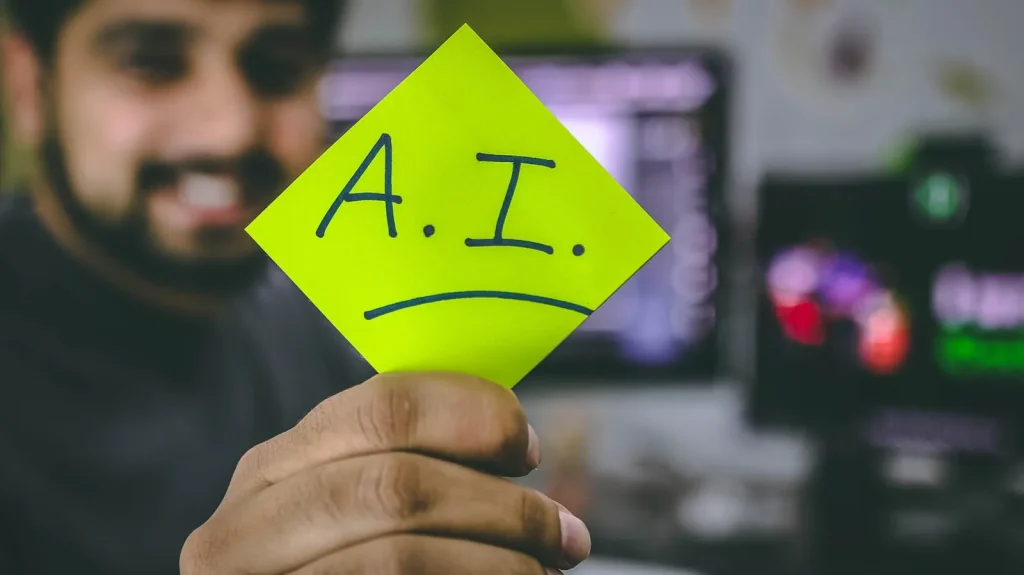Why It’s Risky to Make Software Developers Extinct with AI
Last February, Monzo co-founder Jonas Templestein began a fundraising campaign for his new venture, Nustom, which focuses on leveraging AI to facilitate low/no-code web development. Nustom has been active in its recruitment efforts and has recently made its public debut.
According to Nustom’s website, the company predicts that within the next decade, “the majority of software will be created by individuals without technical expertise, in collaboration with AI.” Nustom provides a comprehensive SaaS solution for those interested in software development but lack the necessary skills or experience to build or manage it themselves.
The notion that the value of software development skills is diminishing isn’t a new concept. UBS’ chief economist has referred to coding as a ‘stranded asset,’ and NVIDIA CEO Jensen Huang has even suggested that parents should reconsider teaching their children to code.
We’d like to share here our thoughts on this.
1. Understanding the Role of AI in Software Development
AI’s integration into software development is primarily seen in automating repetitive tasks, improving code quality through analytics, and even generating code snippets. Tools like GitHub Copilot are designed to assist developers by suggesting lines of code or entire functions based on the comments and code written by the user. These advancements have led to significant efficiency gains and cost reductions.
However, the idea that AI could entirely replace human developers is far-fetched at present. AI excels in environments with clear rules and objectives but struggles with tasks requiring deep understanding and creative problem-solving, areas where human expertise still reigns supreme.
2. The Unreplaceable Human Creativity
Creativity is at the heart of innovative software development. Developers do more than write code; they conceptualize and design solutions that are often outside the current scope of AI capabilities. The creation of new software tools, games, or applications involves a deep understanding of user needs, market demands, and the ability to innovate.
For instance, while AI can optimize existing code or replicate styles, it cannot match the human developer’s ability to invent new algorithms or architectural paradigms. Furthermore, the development of emerging technologies such as virtual reality applications and sophisticated game engines requires a level of creative synthesis that AI is currently unable to achieve.
3. Complex Problem Solving and Adaptation
Software development is not just about generating code; it’s about solving problems. Each project presents unique challenges that often require developers to adapt strategies, learn new technologies, and think outside the box. Human developers bring a critical perspective to projects, foreseeing potential issues and adapting solutions in real-time, a flexibility that AI has yet to master.
Moreover, the ability to understand and integrate user feedback into software development is crucial. Developers engage with end-users, gather feedback, and iterate on their products. This iterative process is dynamic and nuanced, often needing quick adaptations that AI, which relies on data and set patterns, might not promptly accommodate.
4. Ethical Considerations and Accountability
Introducing AI into software development raises significant ethical questions. Who is accountable when AI-generated code fails or when it inadvertently integrates biases? The absence of clear accountability in AI-driven development can lead to ethical lapses and harm, especially in critical applications like medical software or autonomous driving systems.
Human oversight is essential to ensure that software meets ethical standards and societal norms. Developers not only address the technical aspects but also consider the broader impact of their work, a perspective that AI, in its current form, lacks.
5. Balancing AI and Human Expertise
The notion of making software developers extinct is not only premature but also potentially detrimental. AI should be viewed as a tool to augment the capabilities of human developers, not replace them. The balance between leveraging AI for efficiency and maintaining human oversight for creativity, problem-solving, and ethical considerations is crucial.
As technology progresses, the role of software developers may evolve, but their presence will remain indispensable. Emphasizing collaboration between humans and AI will ensure that technological advancements benefit society as a whole, avoiding the risks associated with relying solely on automated systems.



